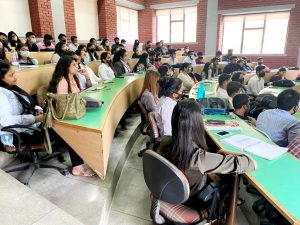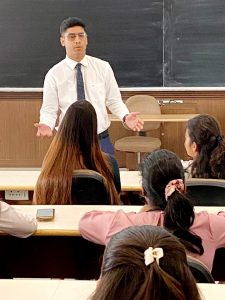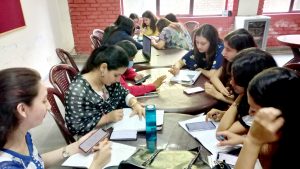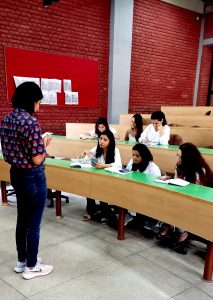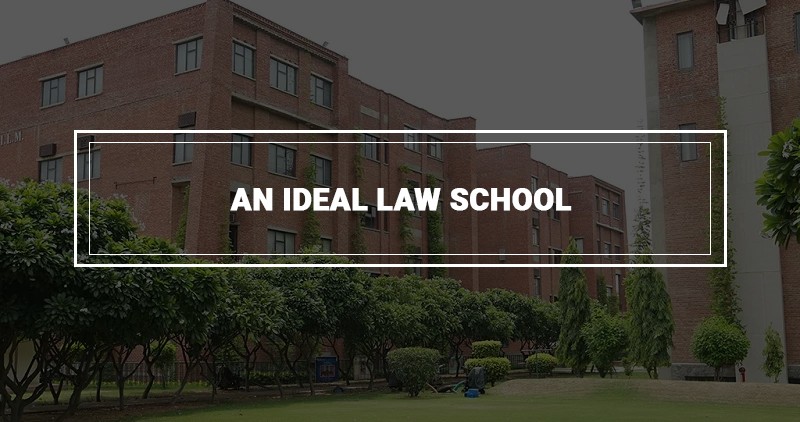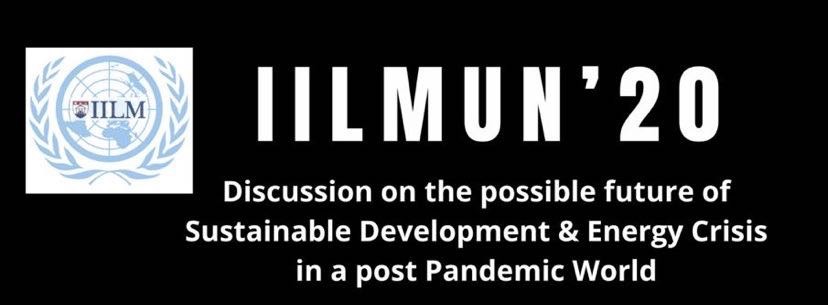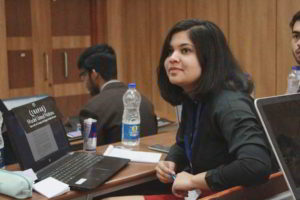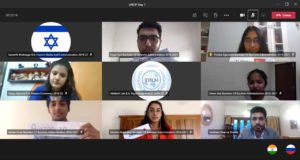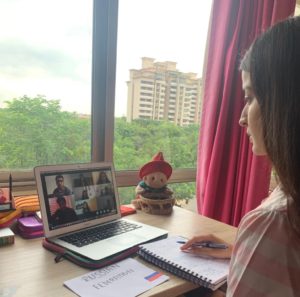When you are planning for higher studies, then one of the best options is B.tech in Biotechnology. And if you are confused on which place to consider for spending the next 4 years, then there is no better place than Delhi. In Delhi, you will get an experience of your life because of its cultural richness and the vibrant lifestyle.
Choosing a career in B.tech biotechnology colleges in Delhi is a choice that opens up a lot of possibilities in a dynamic and ever-changing career. Biotechnology is known for its constant evolution, from genetic engineering to new treatments. Those working in Biotechnology play an active role in pioneering breakthroughs that have the potential to transform industries and enrich people’s lives.
Academic Excellence: Nurturing Biotechnology Brilliance
At the core of every B.Tech Biotech College in Delhi is the promise of nurturing scientific talent. Equipped with modern courses, state-of-the-art laboratories and breakthrough specialist faculties in the field of biochemistry Students are involved in genetic engineering, molecular biology and genetic data production intensively, with mentors who not only share knowledge but spark interest in pushing the boundaries of scientific research.
Labs of Innovation: Where ideas thrive
Biotechnology thrives in laboratories, where theoretical knowledge is turned into tangible successes. B.Tech biotech colleges in Delhi have well-equipped laboratories that act as incubators for new products. Here, students participate in hands-on experiments and conduct research that goes beyond textbooks and helps sharpen biotechnology discovery.

Cultural Experiences outside lecture halls
Life at B.Tech Biotech colleges in Delhi extends beyond the classroom to the vibrant cultural mosaic that is Delhi itself. The city is an expanding community, offering countless cultural experiences. From exploring historical sites like Qutub Minar and India Gate to indulging in the culinary delights of Chandni Chowk, students seamlessly blend academic achievement with the rich cultural fabric that characterizes Delhi.
Extracurricular cohesion and greater academic balance
The essence of B.Tech Biotech colleges in Delhi goes beyond textbooks, emphasizing holistic development. Students participate in extracurricular activities ranging from attending biotechnology conferences to helping with environmental initiatives. These efforts develop teamwork, leadership skills and a sense of social responsibility, ensuring that students are well-prepared individuals ready for success.
Industry networking: Integrating the academic and corporate worlds
B.Tech biotech colleges in Delhi recognize the importance of integrating education with industry. Guest lectures by industry experts, internships with biotechnology companies, and collaborative research projects give students real-world insights. This inter-industry network not only boosts productivity but also encourages an entrepreneurial spirit among budding biotechnologists.
Student Life: Miscellaneous Tapestries
Student life in B.Tech Biotech colleges in Delhi is a vibrant tapestry woven of different materials. Students from different nationalities and backgrounds come together to form a dynamic community. This diversity lies not only in cultural nuances but in educational interests and aspirations, creating an environment in which ideas clash and cooperation flourishes.

Events and festivals: A celebration of diversity
University life in B.Tech biotechnology colleges in Delhi is marked by events and celebrations, and the anniversary celebration stands out among the all other events. These festivals are not only occasions of joy; but the students get the stage to showcase talent, encourage creativity and build a sense of togetherness among students.
Challenges and triumphs: Navigating the Biotechnology Journey
Being a B.Tech graduate in Biotechnology is not an easy path without challenges. The students have to deal with complexity of the topic, do the extensive research, and have to commit to the rigorous academic effort. These challenges make the students discover their confidence, the self-reflection skills that will help to build a great career.
Looking ahead: The future of Biotech in Delhi universities
As we go through the complex scenario of B.Tech Biotechnology colleges in Delhi, it is clear that the future is both promising and possible. The combination of academic rigor, cultural diversity and commitment to innovation positions these colleges are breeding grounds for the biotechnologists and researchers of tomorrow.
The pursuit of knowledge, the pursuit of excellence and the celebration of diversity continue to define the character of B.Tech Biotech colleges in Delhi, forming leaders and innovators to contribute to the emerging biotechnology sector the constant development.
Conclusion
Life in one of the best college for B.Tech Biotechnology in India, such as IILM University, is an enriching experience where academic talent meets cultural strength. This journey goes beyond textbooks, labs, and exam. It’s an odyssey of self-discovery, collaboration, and knowledge seeking that prepares students not only for careers but for a lifetime of impactful contributions in the world of biotechnology. You can apply for B.Tech Biotechnology course right now.

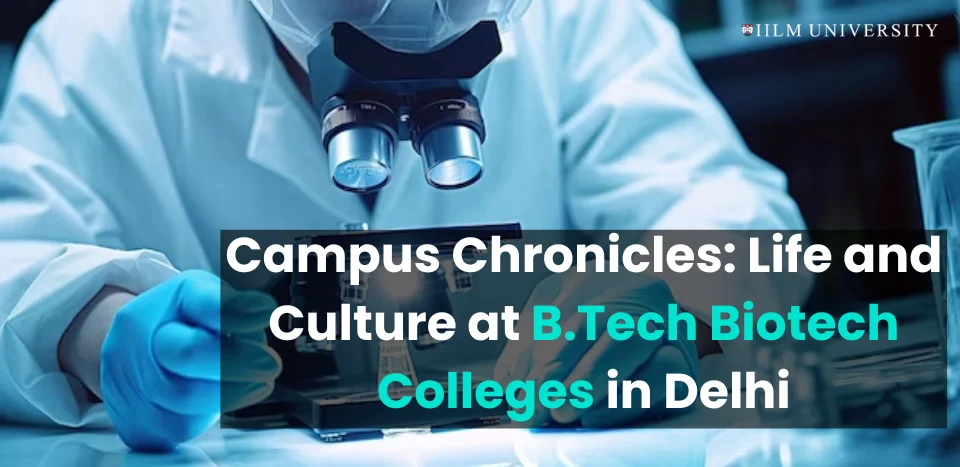




 Adopt a Furry friend, don’t know about you but, my dog Raja was one of my strengths during my tough times, fostering him and getting greeted by him with those extra cuddles was so therapeutic.
Adopt a Furry friend, don’t know about you but, my dog Raja was one of my strengths during my tough times, fostering him and getting greeted by him with those extra cuddles was so therapeutic.